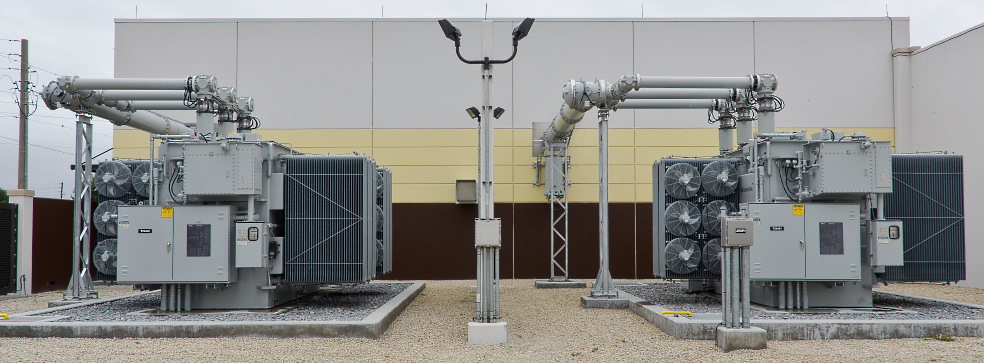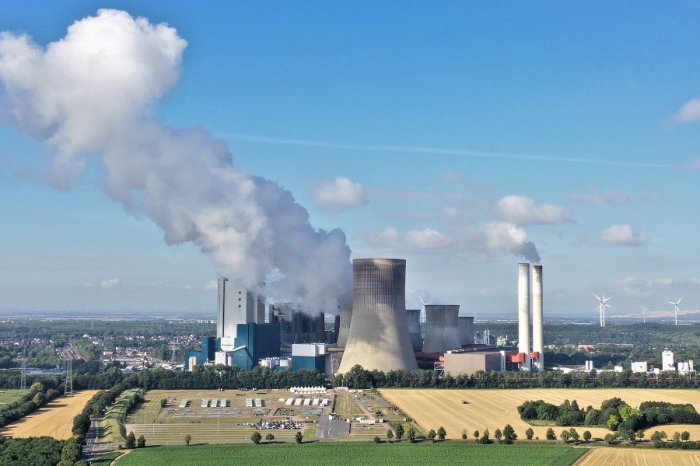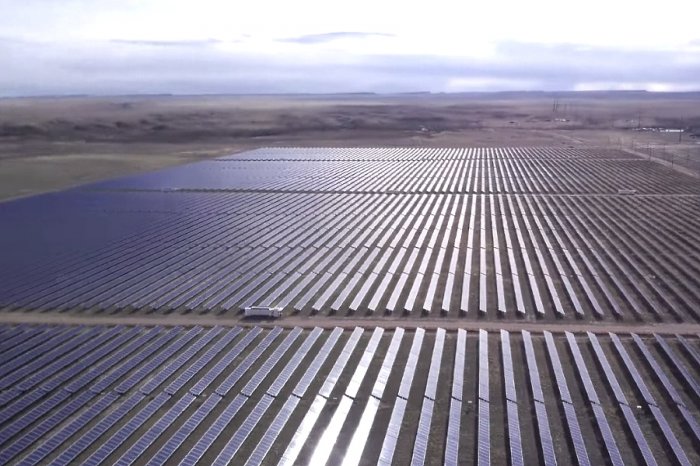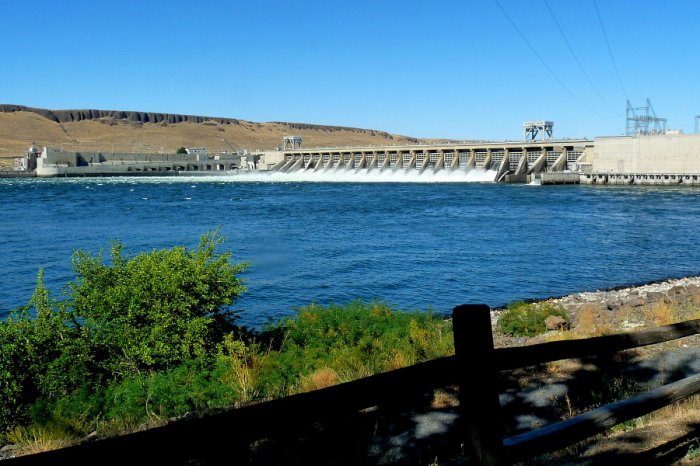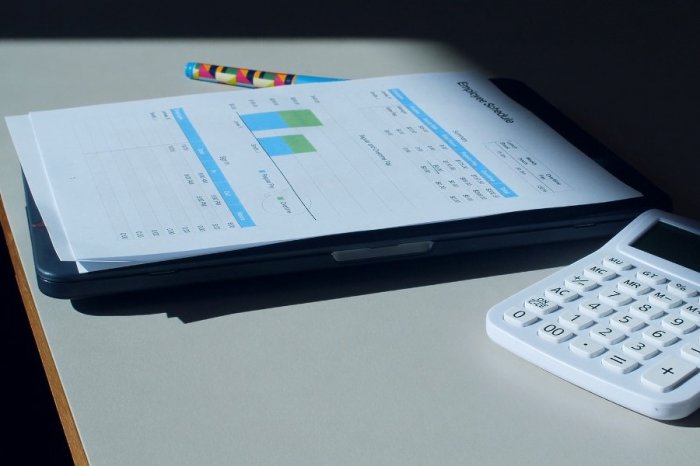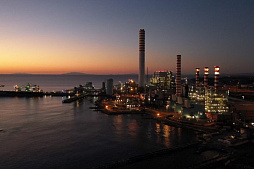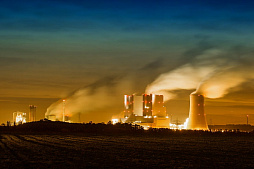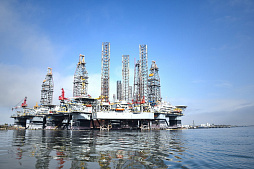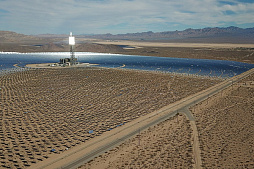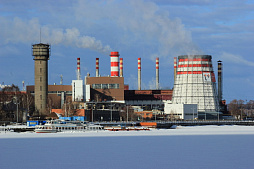After receiving the necessary documents (application form and project presentation), our team will try to review your request as soon as possible, and leading experts will offer the best options for project funding.
Obviously, this affordable and reliable source of energy will not lose its significance in subsequent years.
In cooperation with our European partners, we offer financing, unique methods and technologies for the design, construction and rational operation of thermal power plants.
Individual technical solutions are developed for independent power producers, industrial enterprises, government agencies and other customers.
Engineers design conventional thermal power plants, combined cycle thermal power plants, diesel thermal power plants, gas turbine thermal power plants and special-purpose electrical equipment.
Our success story is inextricably linked with the success of our customers around the world. Acting as a reliable and competent EPC contractor, we and our partners take care of all your concerns and are responsible for the timely implementation of each stage of your project.
An engineering company builds while you manage your core business.
Our partners also provide a full range of engineering services related to the operation of existing thermal power plants.
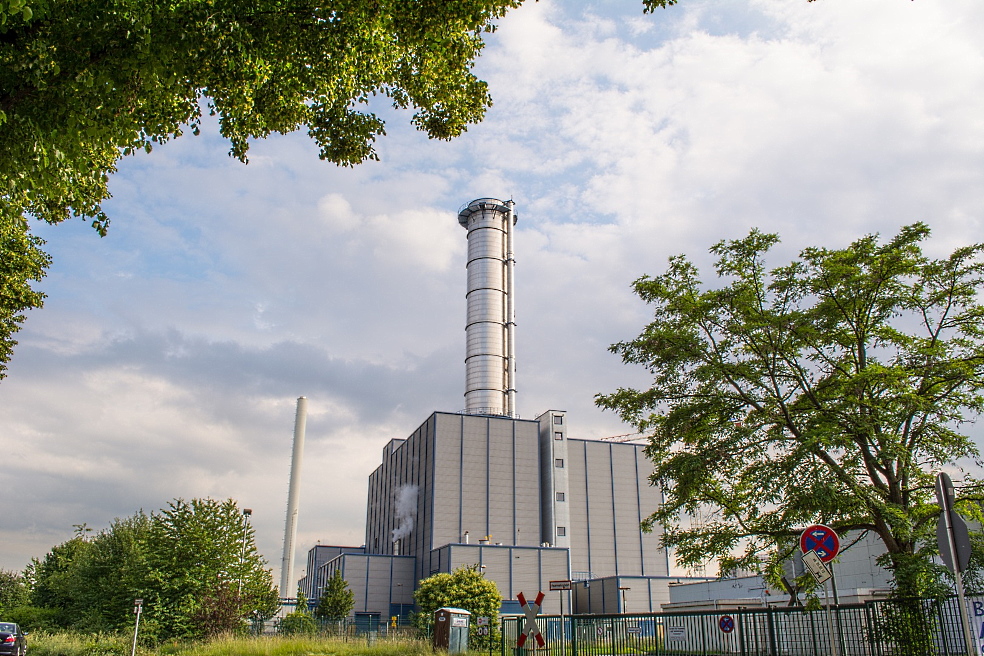
These services cover:
• Ensuring the continuous operation of thermal power plants in various modes.
• Scheduled equipment shutdowns and maintenance.
• Performing tests of the main equipment and auxiliary systems that are not usually used in the work, for example, fire extinguishing systems.
• Modernization of equipment in accordance with customer requirements.
• Organization of professional training for customer personnel.
• Regular monitoring of water and air quality, noise and other parameters.
• Cleaning the working areas of the power plant, repair and maintenance work.
• Utilization of ash and slag waste, etc.
Services include financing and construction of thermal power plants (design, installation, testing and commissioning), preventive maintenance and equipment modernization.
For over 20 years, our partners have been participating in major energy projects in Europe, the Middle East, South America, Africa and other regions of the planet.
Our experience, advanced technologies and high professionalism will help to find the most suitable solution for each client.
Thermal power plant construction
The stages of construction work are planned individually in each case, depending on the characteristics of a particular project.Below we shall provide a typical work plan on the example of a conventional coal TPP.
• Providing all information about the start of construction to interested parties (including local authorities). Obtaining building permits and other official documents necessary for the actual start of construction work.
• Fencing construction sites with polymer, metal or wooden fences and other material to reduce the impact on the landscape, the dispersion of particles of building material, etc.
• Adoption of a policy regarding the recruitment of labor and the search for the required number of workers for construction and installation works.
• Installation of information and warning signs in construction sites, as well as on access roads to construction sites and blasting areas.
• Organization of a temporary work camp consisting of trailers, an ambulance tent, a workshop, a warehouse, a storage for equipment and materials.
• The first stage of earthwork, which should protect the construction site from flooding and other natural disasters.
• Preparation of access roads that will be involved in the construction and operation of thermal power plant (access roads for the delivery of equipment, fuel and personnel).
• The implementation of the main earthwork, consisting of the extraction of excess soil at the construction sites, as well as filling these sites with the selected material.
• Laying the foundations for structures that need it, such as chimneys, power generating units, a transformer, etc.
• Construction of major facilities, including fuel storage, bunkers, water intake system, wastewater treatment system, conveyor belts, etc.
• Construction of auxiliary facilities, units and systems of thermal power plant, including security systems, video surveillance, remote monitoring, fire extinguishing system.
• Installation and testing of equipment in the control room.
• Testing various components, including water intake systems and other equipment (boilers, conveyors).
• Checking fuel and water consumption; adjustment and calibration of the main equipment and technological processes of a thermal power plant.
• Clearing the place for the ash dump of the TPP, where the first slag shipments will go; organization of environmental measures in the ash dump area.
Below is an approximate list of the work that will need to be carried out for each component of the project.
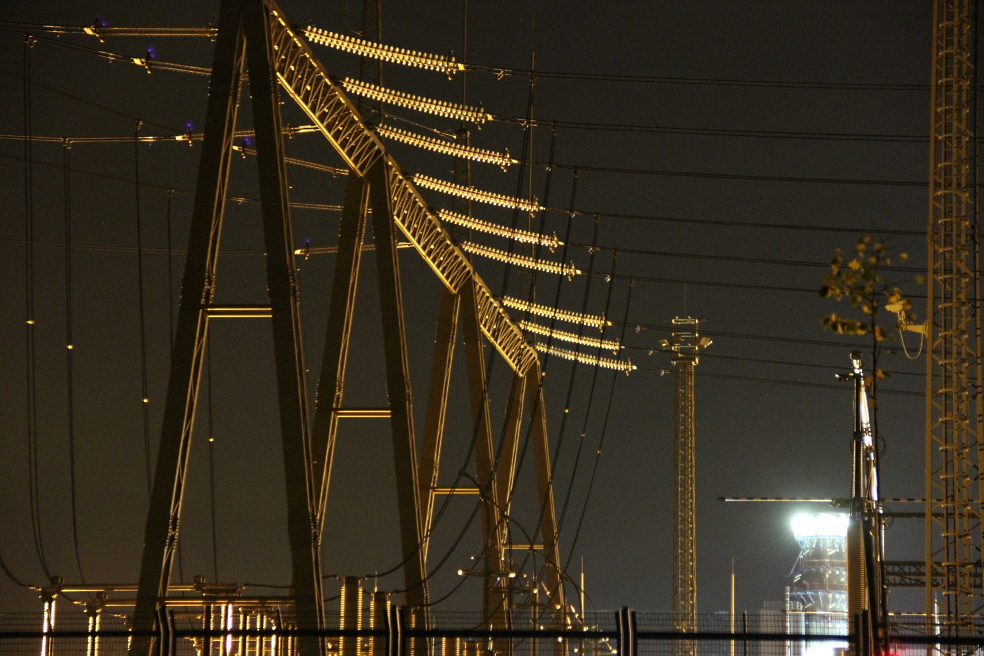
The specific list of works for each TPP project will differ.
Construction of the main equipment of a thermal power plant:
• Boiler room and its equipment.
• Water pre-treatment system, including water clarifiers.
• Premises for the coal storage and handling.
• Components of a water cooling system.
• Monitoring and security systems.
• Electrical substation.
• Administrative office.
• Warehouses.
• Workshops.
Construction of a water intake system (technical water supply):
• Water intake facilities.
• Pumping systems and equipment.
• Ancillary facilities.
• Repair shops.
• Switchboard.
Construction of a warehouse and coal handling plant for TPP:
• Coal storage warehouse.
• Conveyor belt and grinding equipment.
• Unloading and loading equipment.
• Administrative building.
• Repair shops.
• Switchboard.
Below is information related to the methods and equipment used for construction.
Delivery of machinery, equipment and materials
The success of the entire project begins with carefully planned activities for the delivery of all the required equipment, building materials and other goods.The movement of engineering personnel is usually carried out using light vehicles to carry out activities related to the search and marking of sites, coordinating the project, purchasing goods and services, hiring labor, and staffing.
The subsequent stages require the use of special machines and equipment, such as bulldozers, dump trucks, excavators, motor graders, vibratory rollers and so on.
At this stage, heavy trucks will be needed to transport materials and equipment (concrete, metal, precast tower cranes).
In some cases, trucks weighing about 50 tons, with a maximum width of more than 4 m, a length of more than 15 m and a height of more than 4 m can be used. The use of these vehicles requires the construction of appropriate access roads and even obtaining special permits from local authorities.
Construction site preparation
At the preparatory stage, it may be necessary to dismantle or relocate pre-existing infrastructure facilities that may interfere with the operation of new facilities.The first thing that must be done before the actual start of work is the marking of the territory. It consists in determining the size and location of individual sites. In this case, experts mark the future boundaries of each object.
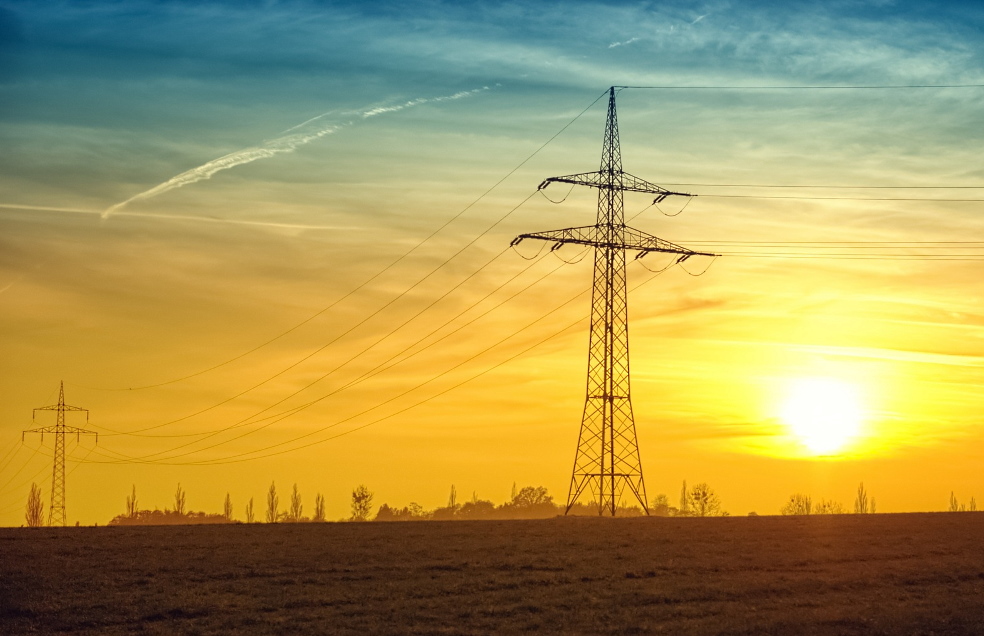
Preparation of the construction site consists of clearing and leveling the natural landscape, as well as removing the soil layer in accordance with the requirements.
Excavation and foundation works
Despite the relative simplicity of this stage of construction work, simplification or reduction of earthworks is unacceptable.The surface of the construction site must strictly meet the requirements, including elevations, tilt angles, depth and width of trenches, etc.
The soil remaining after excavation is usually used to level out individual sections of the construction site. During the filling trenches and pits, only the material specified in the project is used in a strictly defined amount (sand, gravel).
Steam turbine plants and other massive equipment are usually installed on strong reinforced concrete foundation slabs and pile foundations, the depth of which can reach 20 meters, depending on the characteristics of the soil.
During earthworks, dump excavators, heavy vehicles, bulldozers, rollers, caterpillar tractors, graders, water tankers and small construction equipment will be used. Spot excavations are carried out manually using suitable equipment and tools.
When pouring the foundations, excavators, concrete mixers, cranes, piling machines, auxiliary construction equipment and tools will be used.
Drainage system construction
To ensure adequate rainwater drainage during the construction phase, the design and construction of a temporary drainage system is required. This is especially important when working in a humid climate.The construction of a drainage system involves digging a temporary ditch around the perimeter of the construction site to prevent rainwater from entering the work areas.
Basic construction and installation works
The next stage in the turnkey construction of a thermal power plant is the construction of buildings and the installation of main equipment, including boilers, turbogenerators, pumps for water circulation, chimneys, switchboards, power transformers, communication systems, etc.This equipment can be manufactured in accordance with the design specifications both abroad and in the country of destination. It is delivered to the construction site by appropriate transport and stored in specially equipped places.
Ancillary facilities of thermal power plant
The construction phase involves the construction of facilities for the storage and unloading of coal, offices, warehouses and repair shops, parking lots, a gas station, auxiliary electrical equipment, sanitary and hygiene services, water treatment facilities, as well as a storage area for ash and slag waste.Construction and installation works require the use of various types of cranes, welding machines, hydraulic jacks, pneumatic tools, air compressors, drills, calibration equipment and so on.
Construction waste disposal
The following is information regarding the location of construction waste storage sites and the removal of excess soil after excavation work. The issue of safe waste management is currently of great environmental importance.During construction work at a thermal power plant, construction waste is generated in the form of stones, soil, sand, concrete, scrap metal, wood and other materials.
These wastes are initially stored on the territory of the future coal storage or ash dump, since these zones are built up last and require a minimum amount of work. In the future, they will be buried or taken out for subsequent disposal in strict accordance with the environmental requirements.
Testing and commissioning
Prior to the start of operational tests, temporary structures that were located at the coal storage site will be dismantled.This is necessary to carry out work on the shipment of coal to start the equipment.
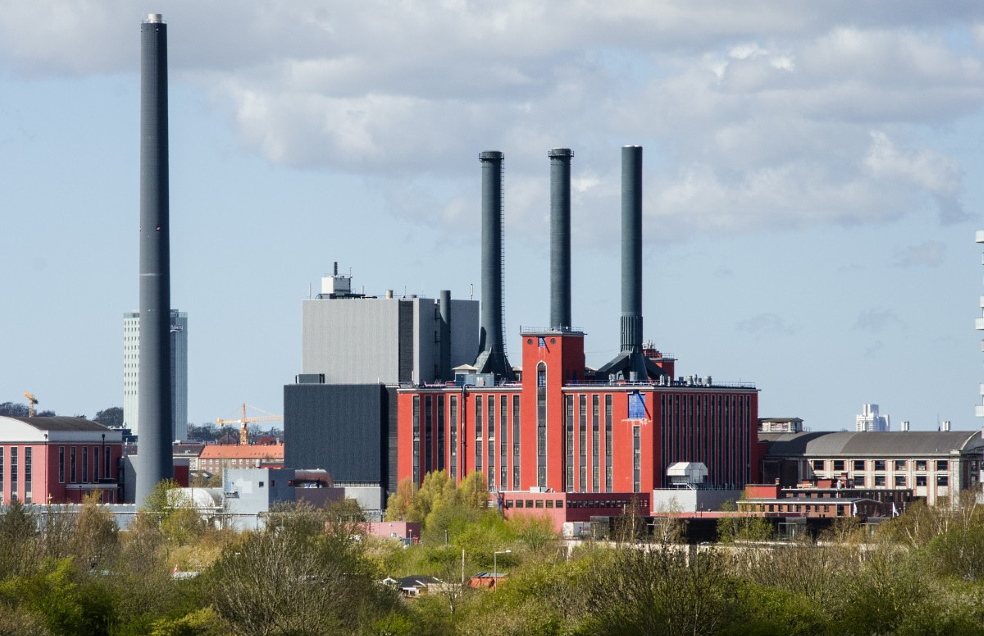
Tests include, but are not limited to, the following steps:
• Hydraulic tests of mechanical circuits and water tanks.
• Load tests and insulation checks of electrical equipment.
• Steam turbine test in different operating modes.
• Performance testing of conveyor belt and grinder.
• Check auxiliary and main cooling systems.
• Checking the tightness of the steam lines, etc.
After testing, the process of commissioning the thermal power plant will begin. It consists of chemical cleaning of boilers, blowing pipes, checking safety valves and other works preceding the launch of equipment for full-fledged work.
If the test results are positive, then commercial operation of the TPP by the customer company is allowed. If necessary, the engineering company trains personnel who will operate and maintain the newly installed equipment.
How much does it cost to build a thermal power plant?
Currently, the construction of a combined cycle thermal power plant costs 400.000 to 700.000 euros for each MW of installed capacity.The specific cost is calculated individually and depends on many factors.
The total cost of the project may vary depending on the configuration of the power plant, the equipment used, the features of the construction site, the method of cooling the power plant, etc. The cost of labor in this case does not significantly affect the estimate.
The location of the power plant and the landscape of the construction site play an important role, since the place determines the cost of transporting equipment and building materials, the excavation required, the cost of building power lines, etc.
A significant portion of the funds invested in the thermal power plant project is spent on the construction of structures and cooling systems. The cost of installed equipment has little effect on the total cost, so we recommend that you carefully approach the study of technical characteristics and the selection of the best possible technologies.
Most thermal power plants are currently being designed and built under an EPC contract. The total costs in this case may be slightly higher compared to multi-contract projects, but EPC-contracting provides the business with a single point of contact.
Finally, the cost of building a thermal power plant depends on configuration and capacity. One TPP with one 80 MW power unit will cost less than two power plants with a capacity of 40 MW each or even one TPP with two small power units.
With an average price of 500.000 euros per 1 MW of installed capacity, the total cost of building a 400 MW thermal power plant can reach 200 million euros.
The specific cost will depend on the factors listed, as well as on the country where the construction is planned. It should be noted that as the installed capacity increases, the cost per MW decreases.
Construction of a coal-fired power plant: advantages and disadvantages
| Advantages of a coal-fired power plant | Disadvantages of a coal-fired power plant |
| Extensive coal deposits around the world | A large amount of harmful combustion products |
| Low cost of electricity | The problem of disposal of sludge |
| Well-developed and reliable technology | The rapid depletion of coal deposits |
| Easy transportation, handling and storage of fuel | Change in government policy on thermal energy |
Your EPC contractor for the construction of TPPs in Europe and beyond
The advantages of EPC contracts in the construction of thermal power plants are obvious.From the point of view of the customer, this type of contract transfers all responsibility for the project to the engineering company, setting specific deadlines and the amount of investment.
The great responsibility that rests with the EPC contractor makes the highest demands on the companies participating in the tender.
International engineering companies successfully build and modernize thermal power plants under EPC contracts.
To learn more about the company's services, contact our representatives at any time.



